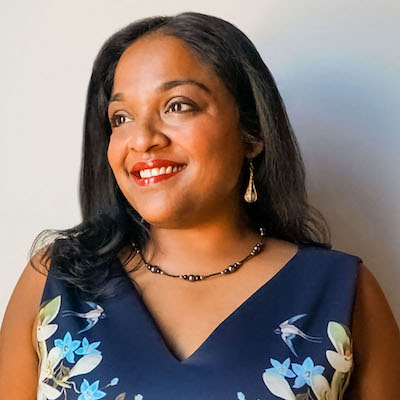We admit the market won’t save us
Two hundred years from now, there will be no hunger, poverty, or homelessness. Everyone will have access to the healthcare and education they need to live their best lives. Communities will be deeply connected. Mass incarceration will be a thing of the past. The environment will be cherished and white supremacy extinct.
What will local news look like then? And how are we building toward that future today?
One thing we know is we won’t reach utopia on the back of commercial media.
There will be no solution to the local news crisis or its deleterious effects on democratic institutions without the creation of an alternative public system to meet the news and information needs of working people.
With few exceptions, commercial news media is a financial instrument of the ultra-wealthy, leveraged for their profit or power at the expense of journalists and consumers alike.
When Alden Global Capital made a bid to buy Lee Enterprises, owner of 90 American dailies, Lee’s board of directors took a stand against the hedge fund known for pillaging newsrooms and exacerbating social problems in the communities it operates. After the board voted unanimously to oppose the purchase, board chairman Mary Junck elaborated on the decision. “The Alden proposal grossly undervalues Lee and fails to recognize the strength of our business today,” Junck said.
Journalism leaders called for Lee to fend off the vulture hedge fund in order to help preserve a democratic press. Lee told Alden they’d just need a higher return to sell us out.
Those same journalism leaders call on us to trust establishment media to respond to the crises their profiteering has wrought, and to subsidize them with our tax dollars to boot.
Profit is the raison d’être of commercial media. We cannot bet our bottom dollar on institutions and people that have consistently undermined the public good for their investors’ benefit. We must build an alternative system that treats access to local news and information as a right, a critical component of a democratic society and a sustainable economy, a keystone of a functional community.
In 2022, we’ll admit the market won’t save us. That it will take local, state, and federal investments in new public alternatives to inspire a resurgence in local news and civic participation.
The heyday of journalism is ahead of us. In 2022, we lay the foundation for that future.
Simon Galperin is founding director of the Community Info Coop.

Two hundred years from now, there will be no hunger, poverty, or homelessness. Everyone will have access to the healthcare and education they need to live their best lives. Communities will be deeply connected. Mass incarceration will be a thing of the past. The environment will be cherished and white supremacy extinct.
What will local news look like then? And how are we building toward that future today?
One thing we know is we won’t reach utopia on the back of commercial media.
There will be no solution to the local news crisis or its deleterious effects on democratic institutions without the creation of an alternative public system to meet the news and information needs of working people.
With few exceptions, commercial news media is a financial instrument of the ultra-wealthy, leveraged for their profit or power at the expense of journalists and consumers alike.
When Alden Global Capital made a bid to buy Lee Enterprises, owner of 90 American dailies, Lee’s board of directors took a stand against the hedge fund known for pillaging newsrooms and exacerbating social problems in the communities it operates. After the board voted unanimously to oppose the purchase, board chairman Mary Junck elaborated on the decision. “The Alden proposal grossly undervalues Lee and fails to recognize the strength of our business today,” Junck said.
Journalism leaders called for Lee to fend off the vulture hedge fund in order to help preserve a democratic press. Lee told Alden they’d just need a higher return to sell us out.
Those same journalism leaders call on us to trust establishment media to respond to the crises their profiteering has wrought, and to subsidize them with our tax dollars to boot.
Profit is the raison d’être of commercial media. We cannot bet our bottom dollar on institutions and people that have consistently undermined the public good for their investors’ benefit. We must build an alternative system that treats access to local news and information as a right, a critical component of a democratic society and a sustainable economy, a keystone of a functional community.
In 2022, we’ll admit the market won’t save us. That it will take local, state, and federal investments in new public alternatives to inspire a resurgence in local news and civic participation.
The heyday of journalism is ahead of us. In 2022, we lay the foundation for that future.
Simon Galperin is founding director of the Community Info Coop.
j. Siguru Wahutu
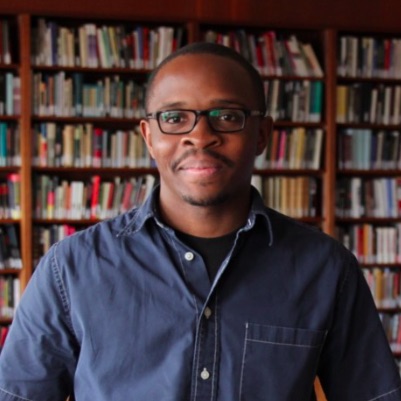
Jody Brannon

Matthew Pressman

Catalina Albeanu

Mandy Jenkins

Jennifer Coogan
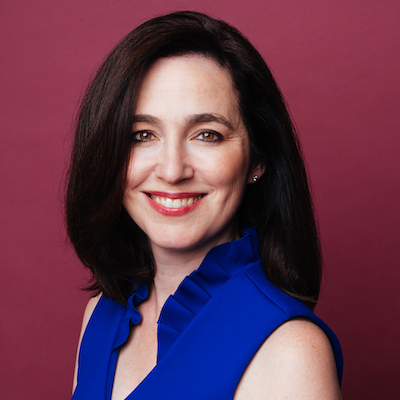
Amara Aguilar

James Salanga

Kathleen Searles Rebekah Trumble

Jesse Holcomb

Chase Davis

Laxmi Parthasarathy
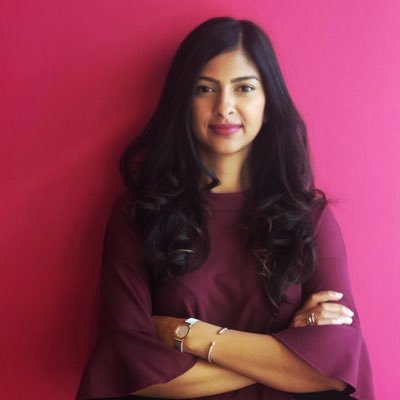
Ariel Zirulnick

Rachel Glickhouse

Matt Karolian
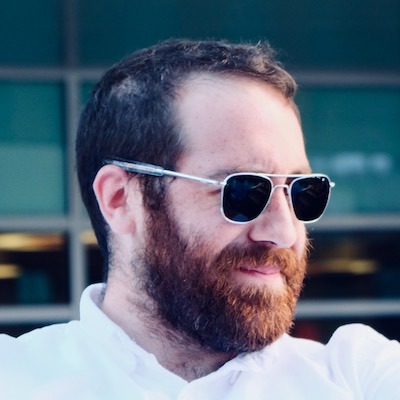
Kerri Hoffman
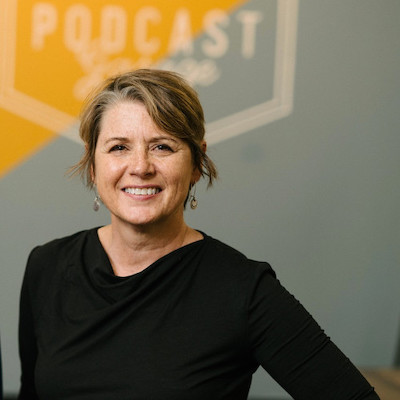
John Davidow

Gonzalo del Peon

David Cohn

Ståle Grut

Sarah Marshall

Kristen Jeffers
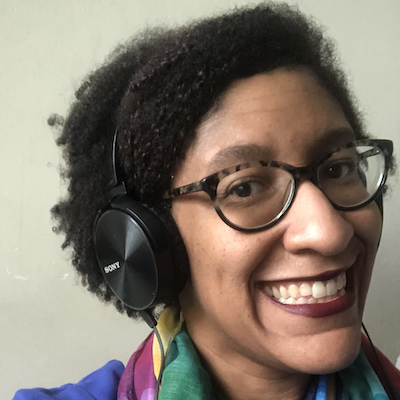
Kristen Muller
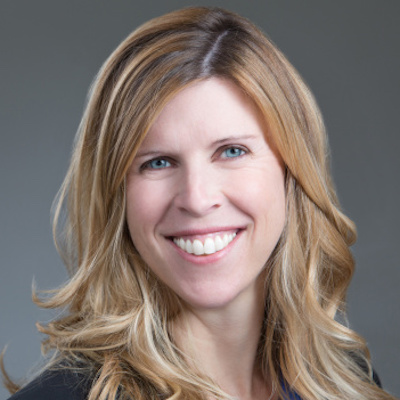
Richard Tofel

Christina Shih

Kendra Pierre-Louis

Mary Walter-Brown

A.J. Bauer
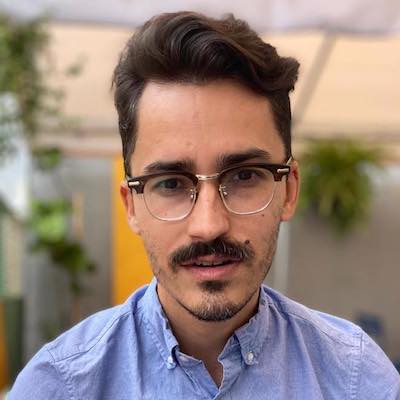
Larry Ryckman

Alice Antheaume
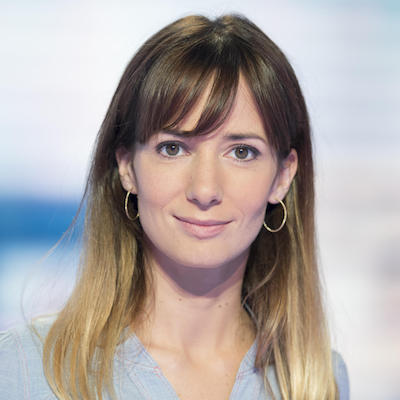
Christoph Mergerson
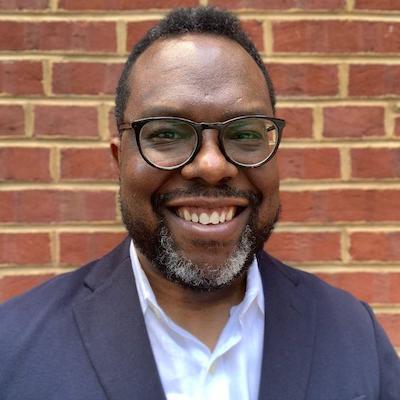
Joy Mayer

Tom Trewinnard

Anika Anand

Whitney Phillips

Nik Usher

Candace Amos
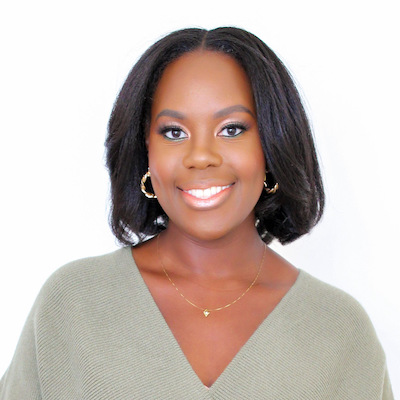
Stefanie Murray

Jim Friedlich
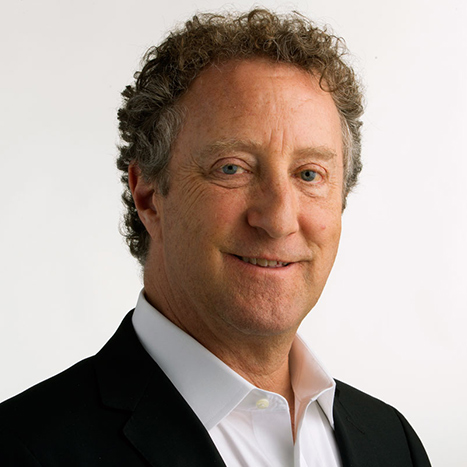
Jessica Clark

Tony Baranowski

Cristina Tardáguila
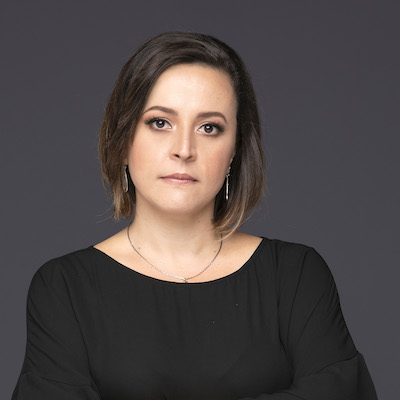
Cindy Royal

Millie Tran
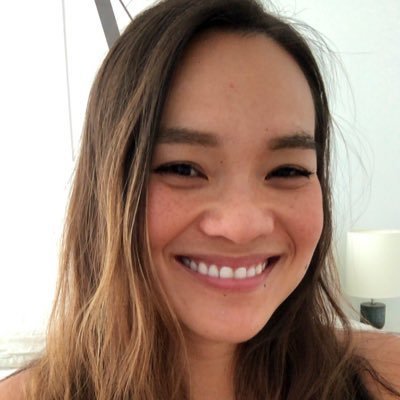
Don Day

Errin Haines

Amy Schmitz Weiss
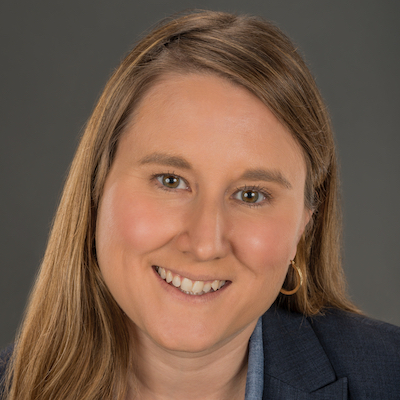
Robert Hernandez
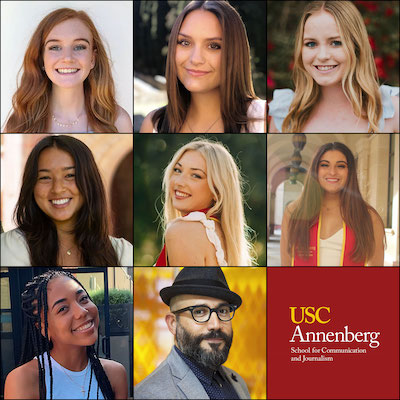
Anita Varma
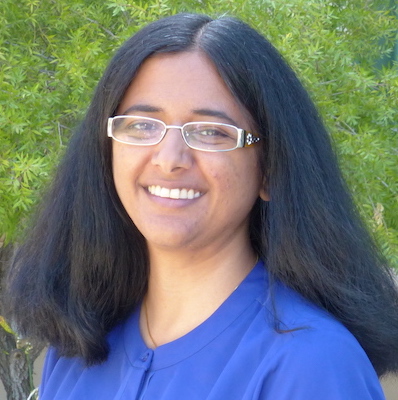
Victor Pickard
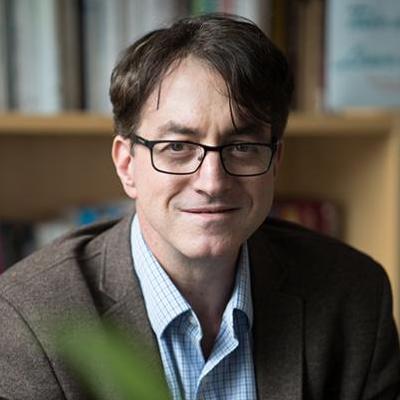
Sarah Stonbely

Matt DeRienzo

Cherian George
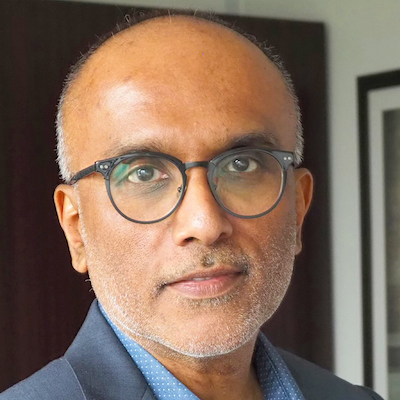
Paul Cheung

Francesco Zaffarano
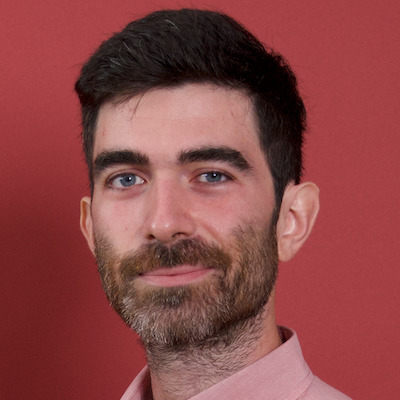
S. Mitra Kalita
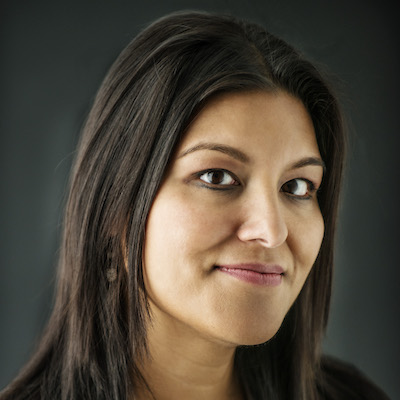
Sam Guzik

Burt Herman
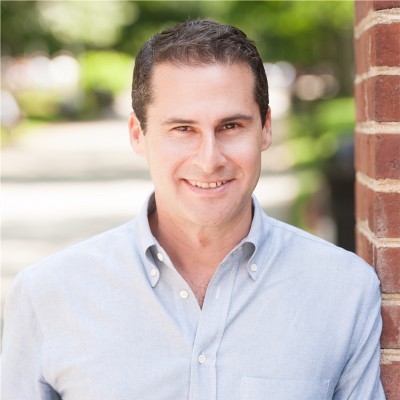
Mike Rispoli
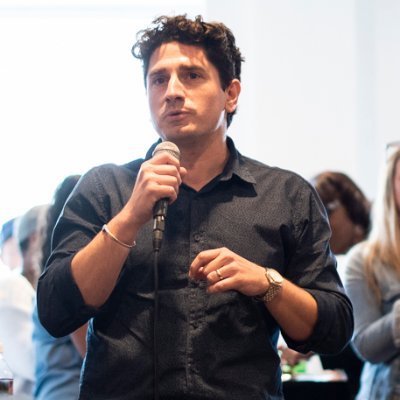
Wilson Liévano
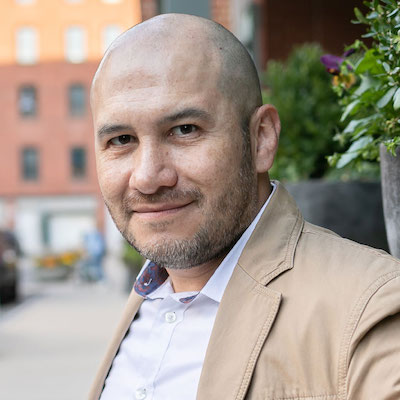
Andrew Freedman

Gabe Schneider
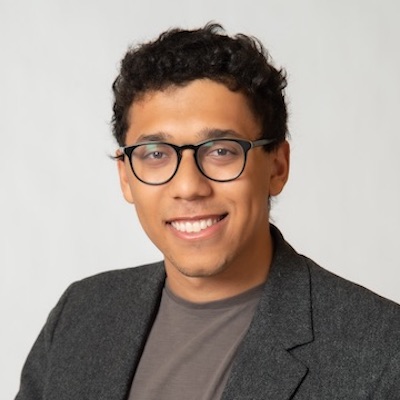
Joni Deutsch

Shannon McGregor Carolyn Schmitt

Megan McCarthy

Simon Allison

Daniel Eilemberg

Joshua P. Darr

Brian Moritz

Michael W. Wagner

Tamar Charney
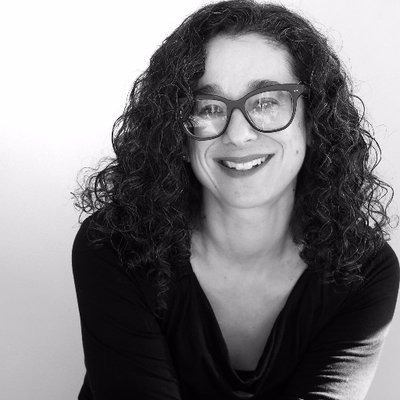
Gordon Crovitz

Zizi Papacharissi
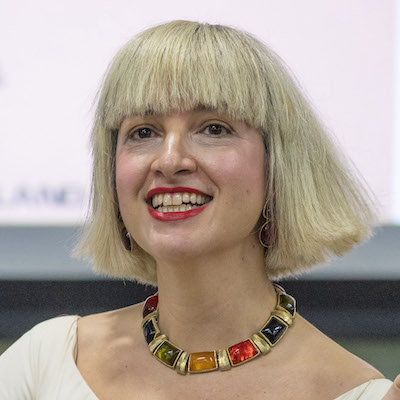
Chicas Poderosas

Simon Galperin

David Skok
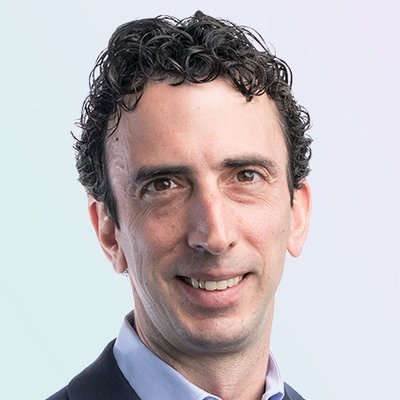
AX Mina

Doris Truong
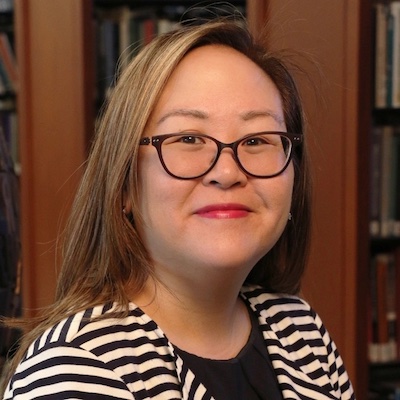
Anthony Nadler

Julia Munslow

Stephen Fowler

Raney Aronson-Rath
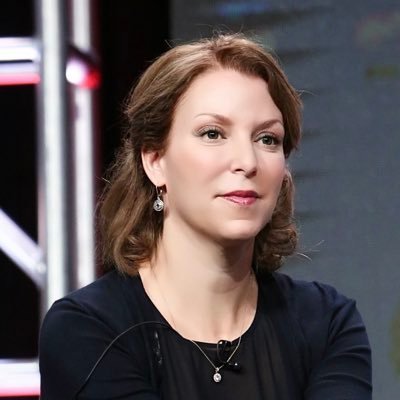
Jesenia De Moya Correa
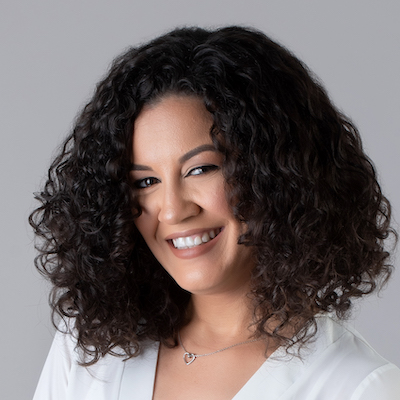
James Green

Izabella Kaminska
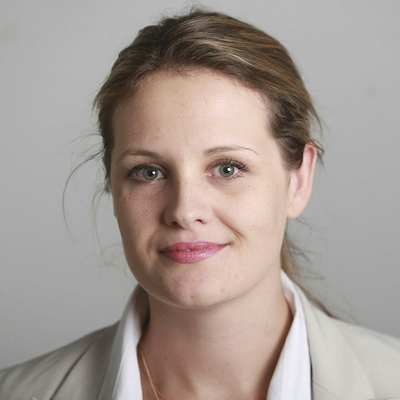
Joe Amditis

Shalabh Upadhyay
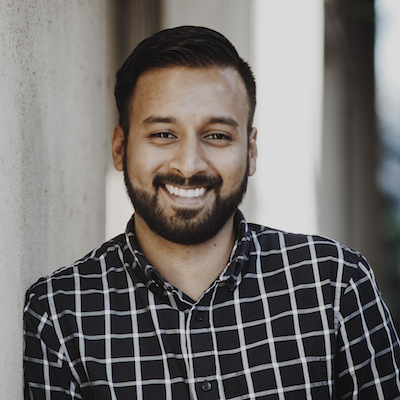
Jennifer Brandel

Juleyka Lantigua

Natalia Viana
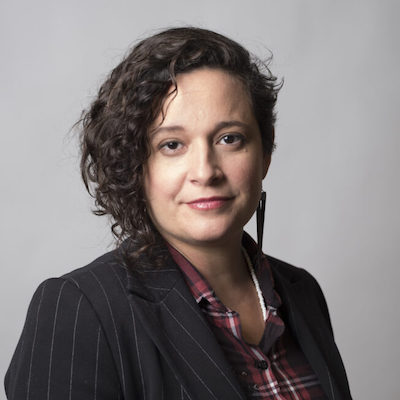
Mario García
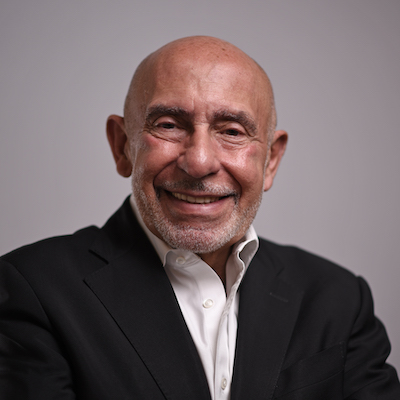
Jonas Kaiser

Rasmus Kleis Nielsen

Julia Angwin
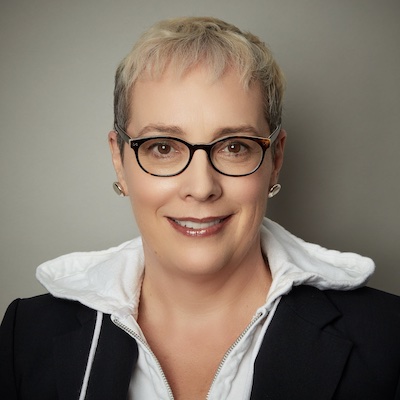
Eric Nuzum

Melody Kramer

Moreno Cruz Osório

Joanne McNeil

Parker Molloy

Meena Thiruvengadam
